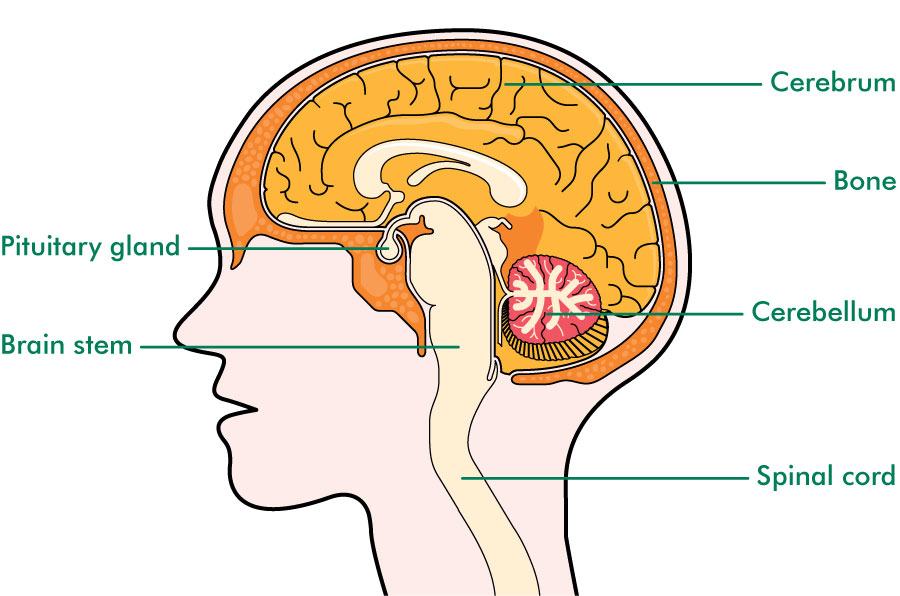Pituitary Gland
Pituitary gland is also called as master gland...
The pituitary is a pea-sized gland that is housed within a bony structure (sella turcica) at the base of the brain. The sella turcica protects the pituitary but allows very little room for expansion.
It has 3 parts:
1.Anterior lobe (Adenohypophysis)
2.Intermediate lobe (Pars intermedia)
3.Posterior lobe ( Neurohypophysis )
It secretes 11 hormones
Posterior lobe hormones
The posterior lobe of the pituitary produces only two hormones:
Vasopressin (also called antidiuretic hormone) regulates the amount of water excreted by the kidneys and is therefore important in maintaining water balance in the body.
Oxytocin causes the uterus to contract during childbirth and immediately after delivery to prevent excessive bleeding. Oxytocin also stimulates contractions of the milk ducts in the breast, which move milk to the nipple (the let-down) in lactating women.
|


Hello
ReplyDeleteLaxmi
Hi Laxmi
ReplyDeleteMadhavi
ReplyDeleteHi Laxmi